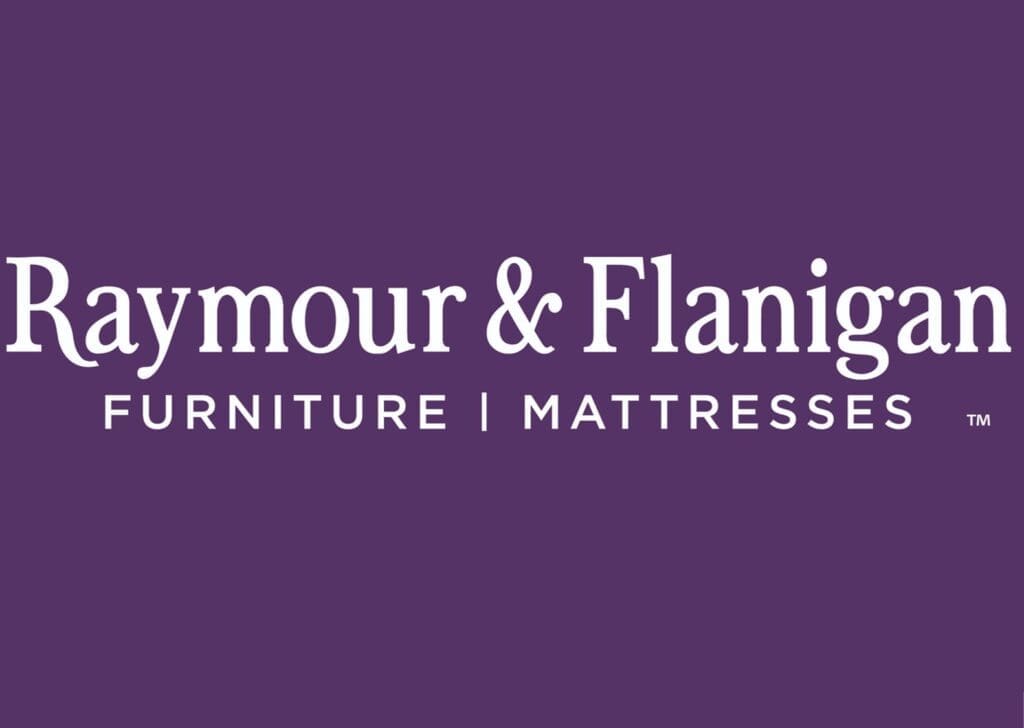 Raymour & Flanigan, the Northeast’s largest mattress and furniture retailer, is a family-run company with a strong corporate culture. A core tenet of its culture is a focus on providing a positive customer experience and ensuring everyone’s furniture and home décor needs are met. Part of this positive experience is supported by high product availability and rapid white-glove delivery. Naturally, warehouse operations are an essential enabler of these capabilities. The company’s warehouse network consists of four main distribution centers (DCs) and 22 forward DCs that ship furniture to customers.
Raymour & Flanigan, the Northeast’s largest mattress and furniture retailer, is a family-run company with a strong corporate culture. A core tenet of its culture is a focus on providing a positive customer experience and ensuring everyone’s furniture and home décor needs are met. Part of this positive experience is supported by high product availability and rapid white-glove delivery. Naturally, warehouse operations are an essential enabler of these capabilities. The company’s warehouse network consists of four main distribution centers (DCs) and 22 forward DCs that ship furniture to customers.
Seizing the System-Upgrade Opportunity
Raymour & Flanigan embarked on a project to upgrade its legacy ERP system with a modern alternative. The company also assessed its legacy WMS in conjunction with the ERP replacement. A legacy best-of-breed WMS was utilized in seven of its complex facilities and the legacy ERP was used in the rest. The company also planned to instill process improvements in conjunction with its system upgrades. It hired Alpine Supply Chain Solutions to assist the internal team with identifying opportunities.
Raymour & Flanigan provides high-quality fulfillment services to its customers. However, these capabilities were historically reliant on the “tribal knowledge” of its warehouse staff. Furthermore, quality customer service was not always delivered in the most efficient manner. One telling example is that an item would sometimes pass through three DCs before final delivery to the customer. In general, workers were efficiently performing tasks that were not well planned for efficiency. For example, inventory was not slotted to minimize touches or facility travel distances. The ERP system at the forward DCs (service centers) assigned paper-based pick slips without consideration for efficiency rules. Also, the furniture put-away and storage procedures were conducted without visibility into downstream demand.
WMS Driven Process Improvements
Raymour & Flanigan, in partnership with Alpine Supply Chain, uncovered great opportunities for productivity improvements that could be realized from system-directed put-away and picking, and from the introduction of opportunistic cross-docking. Furthermore, the insights from a robust WMS would enable increased storage capacity through better cube utilization and advanced processes, such as interleaving, could deliver additional efficiencies.
Raymour & Flanigan determined that the legacy WMS did not provide sufficient functionality to support the necessary visibility, coordination, and direction required to deliver its desired productivity improvements. Additionally, the underlying technology was too “unforgiving” to use as a platform for institutionalizing changes within and across its facilities. It was important that the chosen WMS be highly adaptable and capable of supporting Raymour & Flanigan’s feature and functionality requirements. As a company with a strong corporate culture, it was also important that the WMS supplier was a good cultural fit for establishing a long-term partnership. Scalability and the ability to easily replicate the implementation process across sites was also a crucial factor. Finally, ease of integration was important due to the need to integrate with the new ERP that was installed company-wide.
Raymour & Flanigan chose Körber Warehouse Advantage (WA) to serve as its corporate WMS. Like Alpine Supply Chain Solutions, Körber’s culture was a good fit with its corporate culture. Körber was also a certified partner of NetSuite, Raymour & Flanigan’s recently chosen ERP provider. Warehouse Advantage, too, was a highly-adaptable solution with the tools necessary to adapt the WMS to its business requirements.
Project Status and Path Forward
Raymour & Flanigan began its Körber WA roll-out at one of its less complex DCs. This allows the company to take a deep dive into the features and capabilities it wants to install at future facilities across the organization. The next implementation will be at the company’s most complex DC. Raymour & Flanigan plans to eventually roll out Körber’s WMS across 20-plus sites. The expected benefits from the new system and processes include inbound driven efficiencies such as increased storage capacity, more efficient inbound handling, and opportunistic cross-docking as well as outbound productivity improvements from inventory visibility, picking efficiencies, and loading accuracy. Other expected perks include ancillary benefits like accelerated training times and improved inventory status tracking. Overall, the company expects to increase productivity, significantly reduce expenses, and eliminate tracking gaps. The payback period for the WMS project is expected to be approximately 24 months.
















